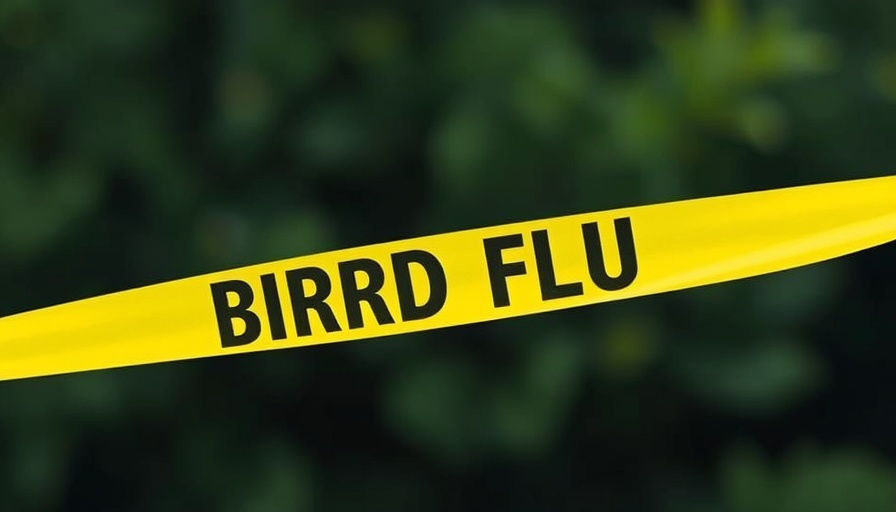
Bird Flu Outbreak: Understanding H5N1 and Its Risks
The recent closure of Delhi's National Zoological Park due to confirmed cases of H5N1 avian influenza underscores the urgent need for public awareness about this serious viral infection. Following the discovery of two painted storks testing positive for the virus, the zoo has taken strict biosecurity measures to protect both visitors and staff. This situation highlights not only the risks posed to animal populations but also the potential health threats to humans.
What Is H5N1 Avian Influenza?
H5N1, commonly referred to as bird flu, is primarily an avian disease but can infect humans who come into close contact with infected birds. While the World Health Organization (WHO) states that human cases are rare, they can be severe. Symptoms such as fever, cough, and respiratory distress can escalate to more serious conditions including pneumonia and organ failure, particularly among vulnerable groups such as the elderly and those with compromised immune systems.
Precautionary Measures for Public Safety
Given the circumstances, health authorities are emphasizing precautions for those in potentially affected areas. The Centers for Disease Control and Prevention (CDC) advises avoiding contact with sick or dead birds, thoroughly washing hands after handling birds, and cooking poultry and eggs to safe temperatures. While the risk to the general public remains low, awareness and preventive action are key.
The Importance of Early Detection
Anyone experiencing symptoms after exposure to birds should seek medical attention promptly. Early intervention can significantly reduce the risk of severe complications. Awareness and understanding of the disease can empower communities to react appropriately in case of an outbreak.
Conclusion: Staying Informed and Safe
The closure of the Delhi zoo serves as a critical reminder of the importance of vigilance regarding zoonotic diseases. As public health officials work to contain the situation, staying informed and adopting preventive measures can help keep communities safe. Awareness is the first step in minimizing health risks associated with avian influenza.
 Add Row
Add Row  Add
Add 




Write A Comment